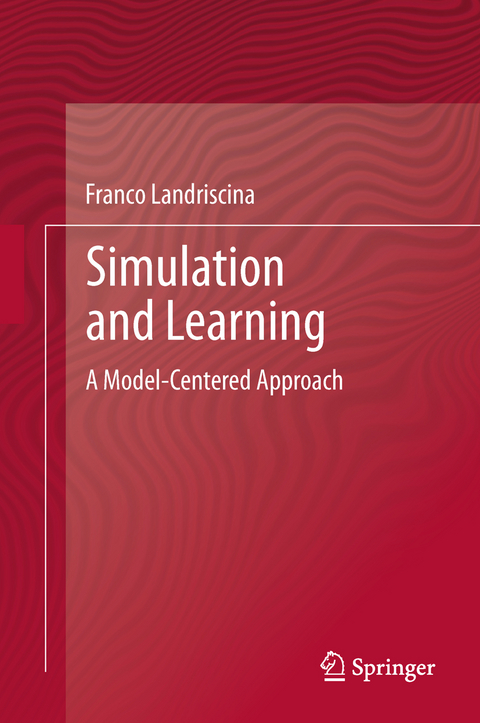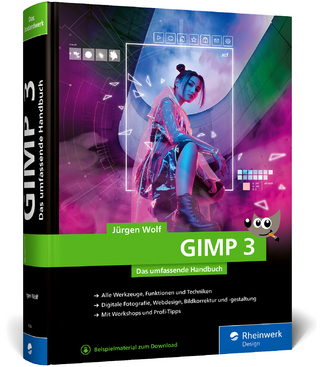
Simulation and Learning
Springer-Verlag New York Inc.
978-1-4899-9965-8 (ISBN)
-The Simulation Paradox: If Simulations are Good for Learning, where are they?, The Epistemic Status of Simulation, Simulation Myths and Fads. -An Introduction to Simulation for Learning: What is Simulation for Learning, The Need for a Generalist Approach, Differences between Simulation and Games, Simulation and Cognition. – Models Everywhere: A Concept at the Crossroads of Different Disciplines, Types of Models, The Representational Issue, Functions of Models, Model-Based Learning. -The Epistemic Cycle: A Model of Modeling, The Reality-System Loop, The System-Model Loop, The Model-Simulation Loop. -Simulation Modeling: Simulation Paradigms, Continuous Models, Agent-Based Modeling, System Dynamics. -Simulation-Based Learning: Learning with Simulations, Simulative Reasoning, The Role of Mental Simulation, Simulation and Cognitive Partnering. -Simulation-based Instruction: From Computational Models to Instructional Units, Simulation and Cognitive Load, An Instructional Design Perspective, Simulation and Science Education, Modeling Skills, Simulation Literacy.- Conclusions.
| Zusatzinfo | XVII, 236 p. |
|---|---|
| Verlagsort | New York |
| Sprache | englisch |
| Maße | 155 x 235 mm |
| Themenwelt | Schulbuch / Wörterbuch ► Unterrichtsvorbereitung ► Unterrichts-Handreichungen |
| Geisteswissenschaften ► Psychologie ► Allgemeine Psychologie | |
| Geisteswissenschaften ► Psychologie ► Pädagogische Psychologie | |
| Geisteswissenschaften ► Psychologie ► Verhaltenstherapie | |
| Informatik ► Grafik / Design ► Digitale Bildverarbeitung | |
| Mathematik / Informatik ► Informatik ► Theorie / Studium | |
| Medizin / Pharmazie ► Medizinische Fachgebiete ► Psychiatrie / Psychotherapie | |
| Sozialwissenschaften ► Pädagogik ► Schulpädagogik / Grundschule | |
| Schlagworte | Concept models for cognition • Educational technology • embodied cognition • Model-based instructional design • Model-centered learning • Simulation and learning • Simulation design • Simulative reasoning • Systems dynamics in teaching and learning |
| ISBN-10 | 1-4899-9965-5 / 1489999655 |
| ISBN-13 | 978-1-4899-9965-8 / 9781489999658 |
| Zustand | Neuware |
| Informationen gemäß Produktsicherheitsverordnung (GPSR) | |
| Haben Sie eine Frage zum Produkt? |
aus dem Bereich


